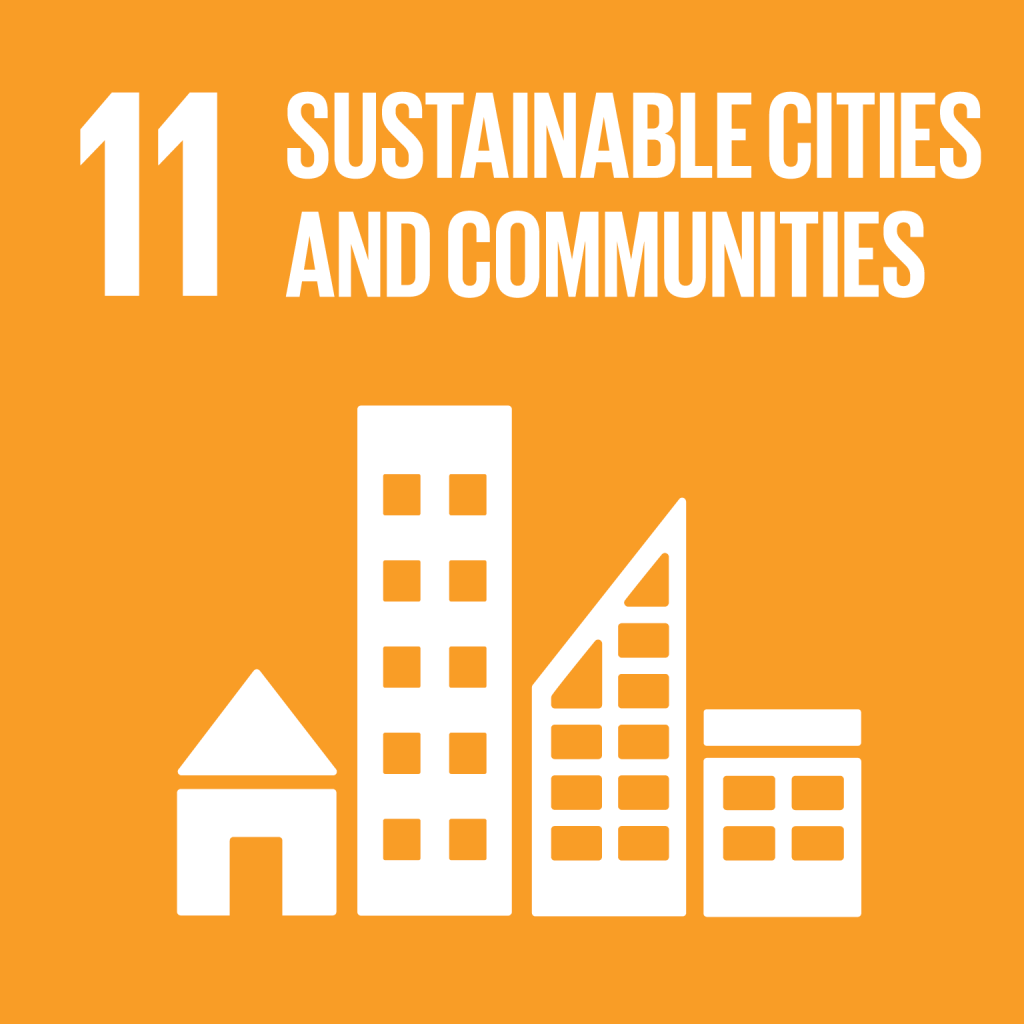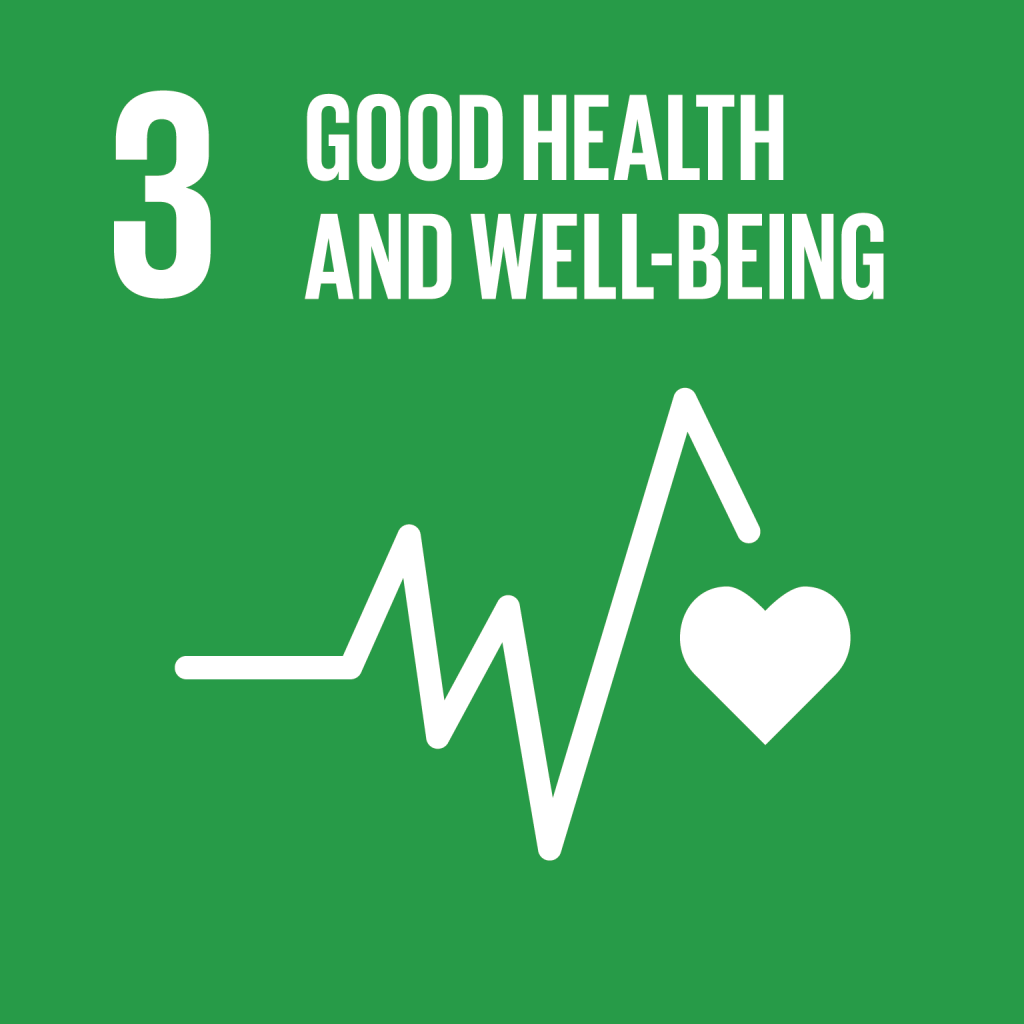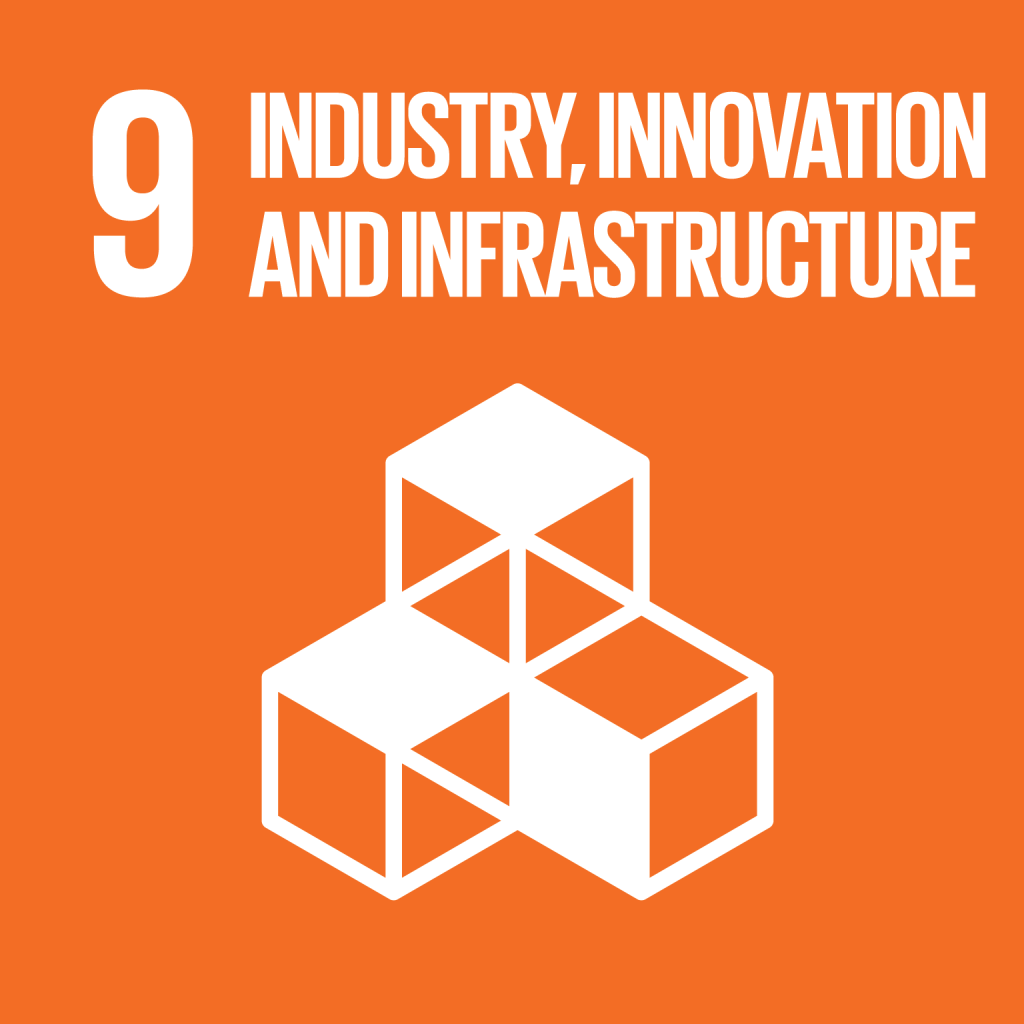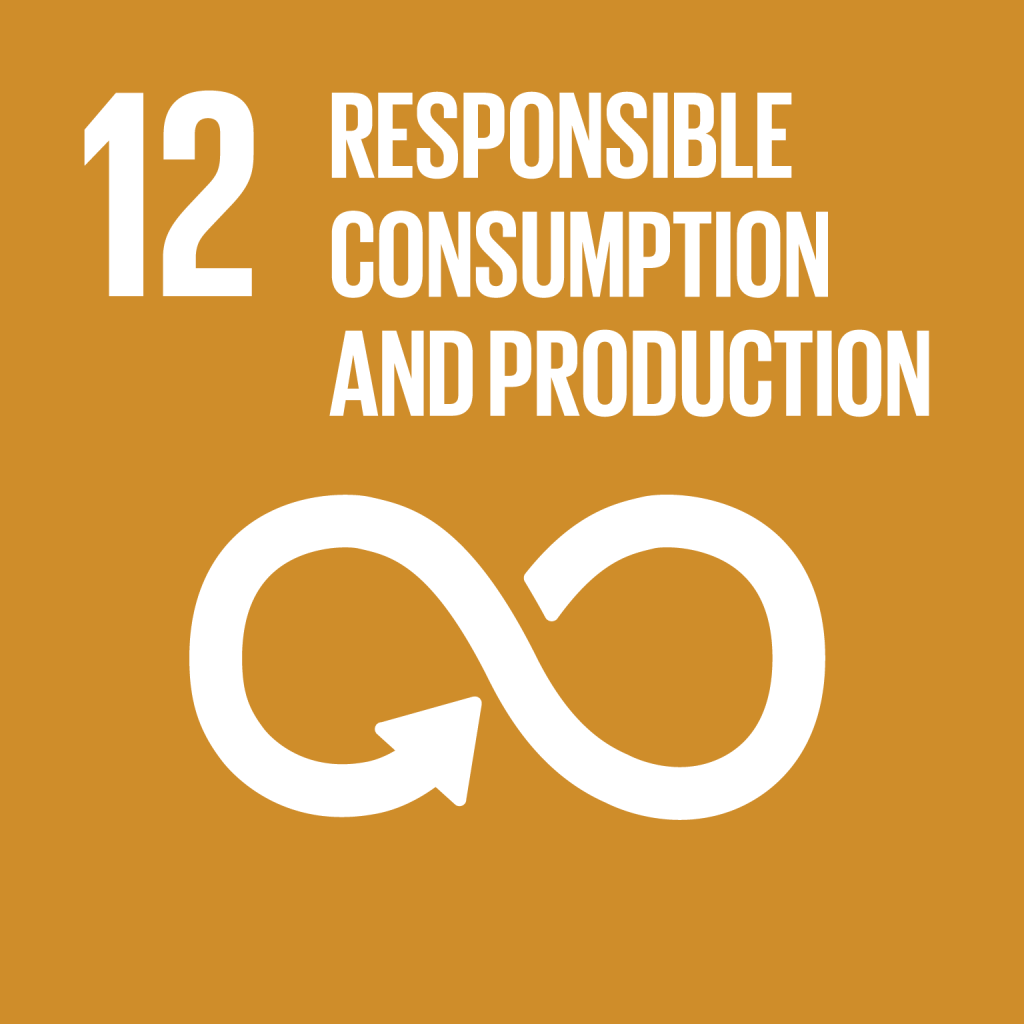Among the priority actions identified by HWCP ((approved by the Academic Senate and the Board of Directors in July 2021) are those concerning the highlight of sustainable mobility.
In particular, PoliMI is planning to increase the number of bike parking spaces within the campuses, not only by installing new bike racks and stands but also by creating bike stations. A bike station is an access-controlled shelter dedicated to bicycles and e-scooters.
The PoliMi bike stations are open to the whole university community: access is granted to anyone with an active career by scanning their own badge/PoliCard. Inside the bike stations, some tools are also available for small repairs.
The first bike station was inaugurated at the Leonardo campus in September 2021, during the European Mobility Week.
This facility, now re-located near building 7, has a capacity of 18 bikes or e-scooters and is equipped with a Bike Repair Station, where tools are available for small maintenance tasks.
Additionally, there are 9 charging points (with a total of 18 outlets) for electric bikes and e-scooters.
The Durando bike station was inaugurated on October 5, 2022, during the 2022 Sustainable Development Festival, and consists of two separate areas, both located on the first underground floor of Building B1. The actual bike station is a fully covered parking area with 18 spaces for bicycles. Inside the bike workshop, there are 6 scooter parking spots with electric charging outlets, a Bike Repair Station with some tools for small repairs, and a workbench.
In the occasion of World Bicycle Day on June 3, 2024, in the presence of – among others – Arianna Censi, the Mobility Councillor of the City of Milan, the third bike station of the Politecnico di Milano was inaugurated at the Bovisa La Masa Campus. This infrastructure, eagerly awaited by the Politecnico community that gravitates around that area, is equipped with parkup spots (72), bike racks for parking (16), a Bike Repair Station, and 8 scooter parking spots with electric outlets for charging. Access to the bike station is driveway entrance.
The bike station can be accessed via the driveway entrance from Via privata Giuseppe La Masa or through the stairs at the side of the building, where dedicated bike ramps have been installed.
How to access the bike stations
Access to the bike stations is reserved exclusively to the Politecnico users (students, postdocs, PhD candidates, professors, technical-administrative staff, etc.) by their badge/PoliCard. In all the bike stations, it is not allowed to leave vehicles inside/outside of opening hours. The parking areas are not attended.
The bike stations – in addition to being part of the priority actions outlined by the HWCP – represent an opportunity to encourage the use of active and sustainable mobility forms. They also constitute one of the many actions of the University to contribute to achieving the Sustainable Development Goals outlined in the UN 2030 Agenda, particularly Goal 11 – Sustainable Cities and Communities (but also SDG 3, 9, 12, 13, and 17).

Goal #11: SUSTAINABLE CITIES AND COMMUNITIES (MAIN SDG)
Bicycles make cities more inclusive, resilient, and sustainable. The higher the modal share of people moving on foot, by bike, or with public transport, the more sustainable the transport system is.
The University pursues this SDG by promoting sustainable mobility through installations (such as bike stations and the many bike racks available on campus) and agreements for shared mobility (ranging from public transport to sharing/rental/purchase systems).

Goal #3: GOOD HEALTH AND WELL-BEING
Using a bicycle promotes a healthy lifestyle and helps reduce pollution: physical activity lowers the risk of heart disease and other negative impacts of a sedentary life, while air quality improves when private motorized vehicles are replaced by bicycles.
The University’s commitment to this goal involves organizing initiatives, often open to the public, that encourage a shift towards more sustainable daily habits (from trials of active mobility solutions to targeted contests and citizen science projects), as well as sports events open to everyone, such as PolimiRUN or PoliMIRide.

Goal #9: INDUSTRY, INNOVATION AND INFRASTRUCTURES
Bicycles allow people to forgo private motorized vehicles in favor of a combination of active mobility and public transport (or solely active mobility if distances allow). The presence of more people cycling makes it easier for local authorities to build safe, resilient infrastructure and sustainable transport systems for economic development and the well-being of citizens. The University has over 1,200 bike parking spaces, almost 500 of which are located at the Città Studi campus. These will be further expanded in the coming years as part of the University’s Commuting Plan.

Goal #12: RESPONSIBLE CONSUMPTION AND PRODUCTION
Bicycles provide the opportunity to transport goods, commuters, and tourists in a sustainable way. In many urban areas, 50% of goods deliveries could be made by bicycle, and the growth of cycle tourism creates more options for sustainable tourism. In this regard, the University promotes shared mobility through dedicated agreements, allowing each vehicle to be used by many different users more efficiently. Additionally, Politecnico provides a bike repair station run by students where people can learn to repair their own bicycles. Finally, the University supports VENTO, a project for the creation of a 700+ km cycling infrastructure along the banks of the Po River, from Venice to Turin, capable of generating employment and economic growth based on a new concept of slow tourism.

Goal #13: CLIMATE ACTION
Bicycles, offering the possibility for immediate action against climate change, are a symbol for the decarbonization of transport and society. Bicycles can be integrated into mitigation and adaptation strategies at all levels, as well as into education and awareness programs. Within the context of this SDG, the University’s ‘Carbon Management’ project is featured, through which an annual inventory of CO2 emissions is made, naturally including the transport sector. This allows for the monitoring of progress toward the reduction commitments outlined in the University’s Mitigation Plan. For the transport sector, data is collected through a mobility habits survey, conducted periodically, which is also essential for the development of the University’s Commuting Plan.

Goal #17: PARTNERSHIP FOR THE GOALS
Organizations and experts working on the promotion of cycling mobility encourage effective partnerships for cycling promotion and strive to increase the availability of high-quality, up-to-date, and reliable data to support the development of successful bike-related technologies and policies. To pursue this SDG, Politecnico di Milano collaborates with many external stakeholders, for example by participating in the European U-MOB Life project (through which universities can network to promote sustainable mobility) and the Mobility Work Group of the Network of Italian Universities for Sustainable Development, as well as collaborating with relevant local authorities (City of Milan, Metropolitan City of Milan, Lombardy Region).
Some of the information provided here is taken from the European Cyclist Federation report ‘Cycling delivers on the Global Goals’ available at the following link: https://ecf.com/groups/cycling-delivers-global-goals